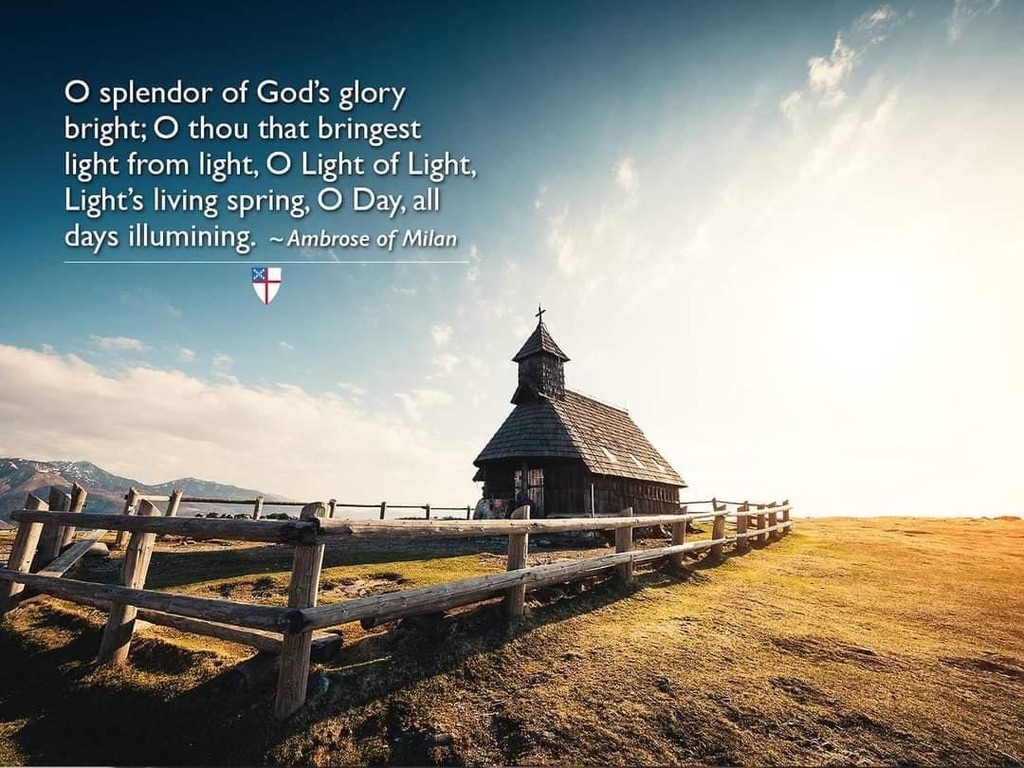A reading and a reflection
Acts 7: 1 – 22
Then the high priest asked him, ‘Are these things so?’ And Stephen replied: ‘Brothers and fathers, listen to me. The God of glory appeared to our ancestor Abraham when he was in Mesopotamia, before he lived in Haran, and said to him, “Leave your country and your relatives and go to the land that I will show you.” Then he left the country of the Chaldeans and settled in Haran. After his father died, God had him move from there to this country in which you are now living. He did not give him any of it as a heritage, not even a foot’s length, but promised to give it to him as his possession and to his descendants after him, even though he had no child. And God spoke in these terms, that his descendants would be resident aliens in a country belonging to others, who would enslave them and maltreat them for four hundred years. “But I will judge the nation that they serve,” said God, “and after that they shall come out and worship me in this place.” Then he gave him the covenant of circumcision. And so Abraham became the father of Isaac and circumcised him on the eighth day; and Isaac became the father of Jacob, and Jacob of the twelve patriarchs. ‘The patriarchs, jealous of Joseph, sold him into Egypt; but God was with him, and rescued him from all his afflictions, and enabled him to win favour and to show wisdom when he stood before Pharaoh, king of Egypt, who appointed him ruler over Egypt and over all his household. Now there came a famine throughout Egypt and Canaan, and great suffering, and our ancestors could find no food. But when Jacob heard that there was grain in Egypt, he sent our ancestors there on their first visit. On the second visit Joseph made himself known to his brothers, and Joseph’s family became known to Pharaoh. Then Joseph sent and invited his father Jacob and all his relatives to come to him, seventy-five in all; so Jacob went down to Egypt. He himself died there as well as our ancestors, and their bodies were brought back to Shechem and laid in the tomb that Abraham had bought for a sum of silver from the sons of Hamor in Shechem. ‘But as the time drew near for the fulfilment of the promise that God had made to Abraham, our people in Egypt increased and multiplied 1until another king who had not known Joseph ruled over Egypt. He dealt craftily with our race and forced our ancestors to abandon their infants so that they would die. At this time Moses was born, and he was beautiful before God. For three months he was brought up in his father’s house; and when he was abandoned, Pharaoh’s daughter adopted him and brought him up as her own son. So Moses was instructed in all the wisdom of the Egyptians and was powerful in his words and deeds.
Reflection
Stephen ‘full of grace and power, did great wonders and signs among the people’. Ironically this is not appreciated by people of faith in the community and they accuse him of blasphemy and he is brought before a synagogue council.
Stephen began a speech that retold the history of the people of God from a particular standpoint. You will recognize the characters and the events. The writer of Acts missed out certain episodes and deliberately highlighted others.
Stephen focuses on God: human achievement is reliant on faithful living. And yet when I read the narrative of God giving the people the land as a possession, how Joseph was treated in a special way, and the alternative interpretation of Moses’ adoption by Pharoah’s daughter, I struggled. The land does not belong to us, it is God’s and ours to steward; if God treats certain people in special ways and they are exclusively rescued and protected, how does that speak to those who are not rescued and protected and how does that speak of ‘God’s love for all’; and it is inevitable that a story changes in the retelling and so what can we trust?
To respond to myself: I think they are the wrong questions! My unease with this text focuses on the content, but instead the question I should be asking is: what does this mean? It is a narrative that traces the journey of God’s people, the growth of a community focused on God and God’s promise to God’s people. It is a speech that offers hope at a time of oppression and amidst the threat of Empire.
We all spin stories, we alter them in the retelling, we have our own thoughts, views and opinions. But the love of God endures beyond all human endeavours and is greater than any words. It is this love, for all, that threads through the speech to reassure and continually transform lives.
Prayer
God
of the questions,
of the searching,
of the sitting with uncertainty,
of the struggles with texts,
of the miracles,
of the different versions,
of the then and the now,
of the stories of faith,
of the doubts,
of the hope-full,
of the people we encounter,
of all…
give us wisdom and knowledge,
insight and understanding
as we listen for your Word
in our lives,
our reading,
our conversations
and our being.
Amen.
2B8C5FA8-66E7-4EA0-8B1B-40E827DA7F4E_1_105_c.jpeg



